Still Brewing: Local craft-beer makers bubble along despite pandemic
November 19, 2020 | John Jeter, Upstate Business Journal
Evidently, making craft beer is an essential service during COVID-19. Greenville’s dozen-plus small breweries are managing to keep the taps open.
“I’m not necessarily surprised that we haven’t had any closures in Greenville or anywhere else in the state,” says Brook Bristow, executive director of the 75-member South Carolina Brewers Guild and a beverage-law attorney in Charleston.
Bristow brushed aside last spring’s headlines that predicted the pandemic would force dozens of small Palmetto State microbreweries to close, including one TV news report that said as many as 80% would likely dry up.
“Yeah, the numbers were pretty scary at the outset,” he says. “Not to say that that’s not going to happen, just because winter is still on the horizon.”
Yet none of the state’s 91 small beer makers have shuttered, he says, including Greenville’s 16 microbreweries, taprooms and brewpubs. (The city’s #visitgreenvillesc website says three more are in the pipeline.)
Bristow and some Greenville brewers credit their staying power with evolving state beer laws; overhead costs generally lower here than elsewhere, such as higher rents in major metropolitan areas; and favorable fall weather for outdoor consumption.
“I know people struggled, and there’s been stories recently in the news about others that have struggled, but everyone to my knowledge is still around in Greenville, and some folks are doing better,” says Terry Horner, who opened Liability Brewing Co. just two years ago.
While explaining that entrepreneurial breweries typically tend to double in size during their second year, he also acknowledges COVID-19’s punch from March through the end of August drained about 25% from company revenues. Now, though, business has improved since summer wound down, “which is exactly opposite of what I expected,” he says.
Horner, a business savant who started five tech companies before becoming chairman and CEO of his West Stone Avenue operation, says of the ongoing health crisis: “It did hurt a lot, not gonna lie, but we had a plan, we stuck to it. So far, it’s working.”
Liability borrowed about $56,000 from the U.S. Small Business Administration’s Payroll Protection Program and received an additional $150,000 from the agency’s COVID-19 Economic Injury Disaster Loans, he says.
The latter provides businesses a 3.75% interest rate over 30 years. The PPP’s 1%-interest debt can be waived if, among other criteria, funds are used to retain employees. Liability laid off no one, Horner says.
He also turned to what others increasingly see as a go-to option to boost income: offering more packaged products for takeout. Liability is increasing sales of cans, growlers and crowlers (part can, part growler) with some of its 16 beers, he says, including flagship brews Mortal Wombat and Stainless Steel Magnolia.
“I think a lot of them figured out how to make package sales work,” says Mike Okupinski, co-owner of The Community Tap, which sells craft beer but doesn’t make any. “A lot of them weren’t, and now they are. That could take a little while, but they’ve managed to do it. They’re faring well.”
Birds Fly South Ale Project, where Lindsay Johnson is co-owner, brewed hand sanitizer for a couple of months around the statewide pandemic lockdown April 7 to May 14. Nowadays, she echoes others’ comments about tapping into off-site revenue streams.
“Even though draft was down, package was making up for it,” she says, adding that distributors and BFS’s retail accounts orders began picking up, as well. “Third quarter was good — at least, on par with last year”—then: “Yeah, we were surprised by that, too.”
She also credits the warmer autumn with helping keep Birds Fly South fans flocking to the expansive Hampton Station location. With its ample outdoor-table seating and large green spaces, she says, “We’ve been really lucky to have decent crowds.”
At the same time, Bristow says he’s concerned about the possibility of a harrowing coronavirus winter, but he still raises a glass to the state’s — and Greenville’s — still-bubbly craft scene.
“It speaks to the quality of our breweries,” he says, “and, then, the support in the community for those breweries.”
Find the full article at Upstate Business Journal
